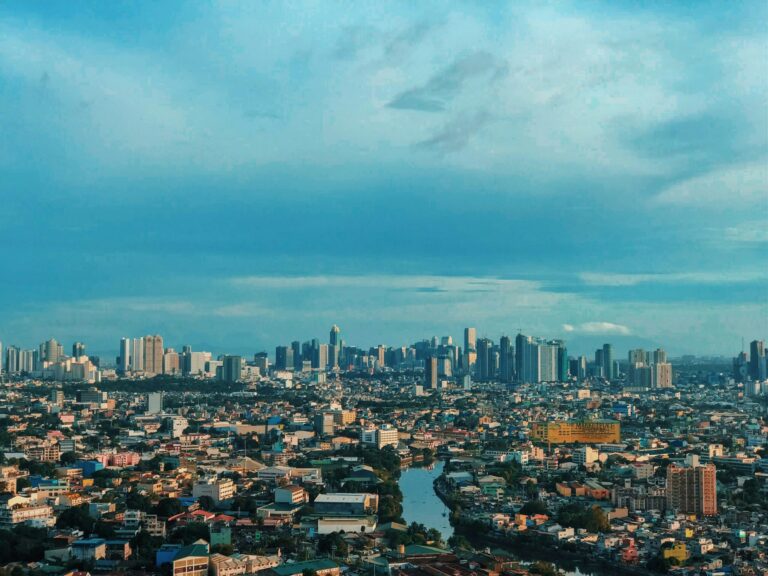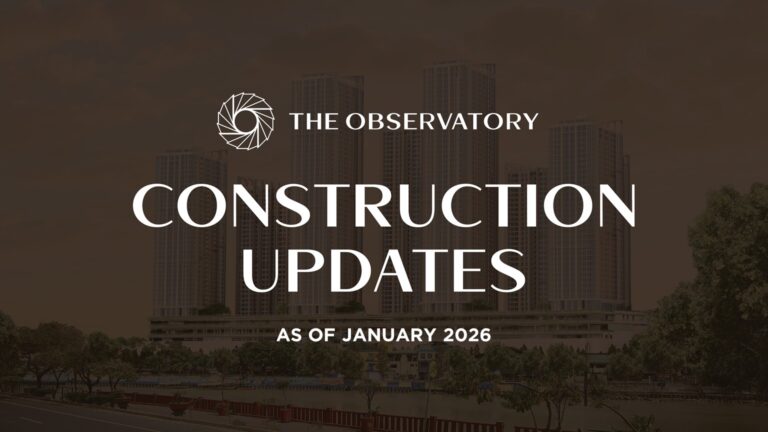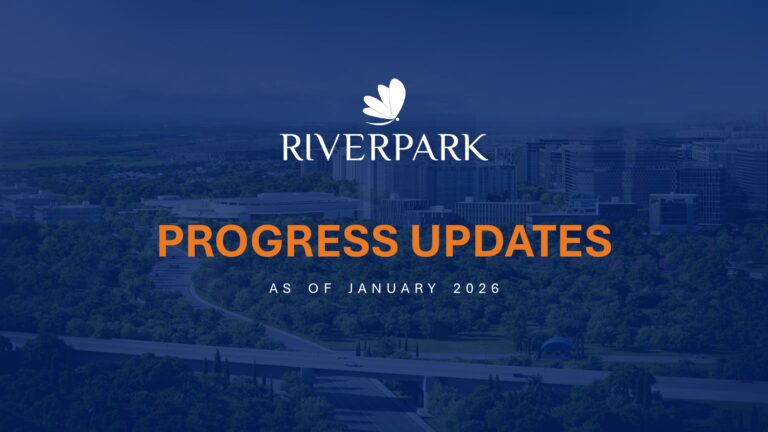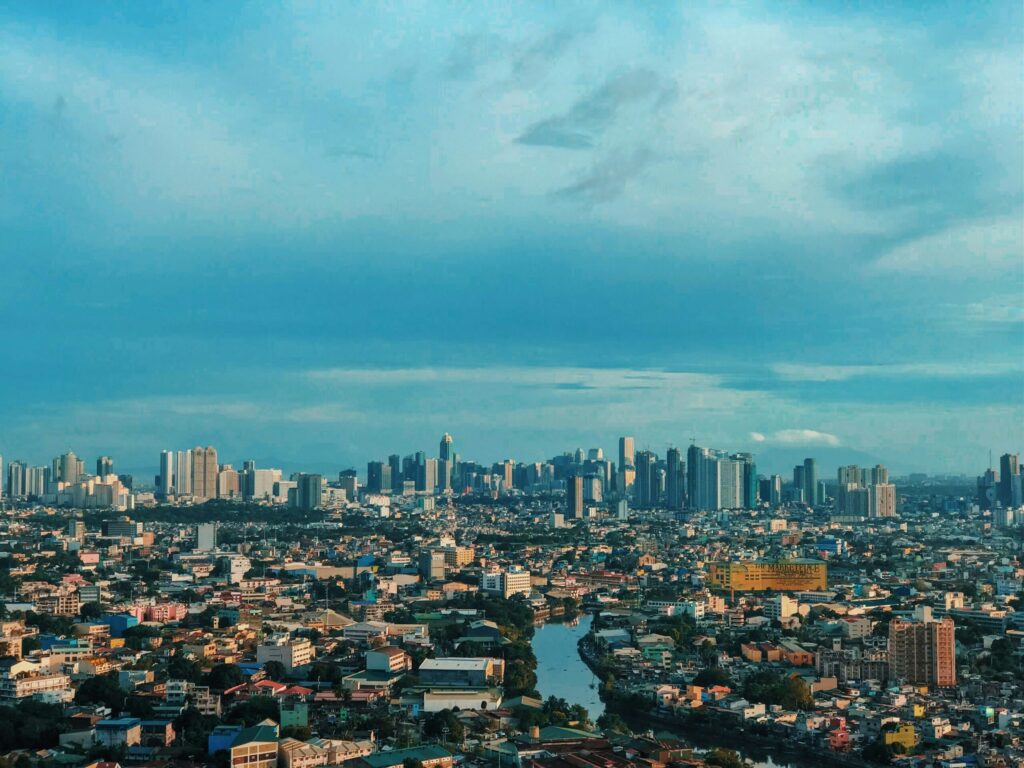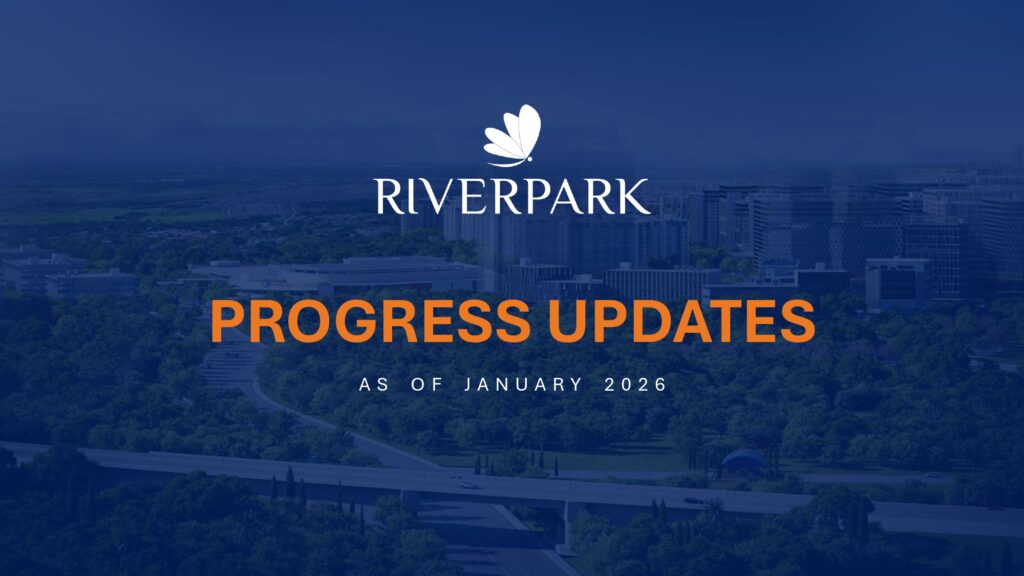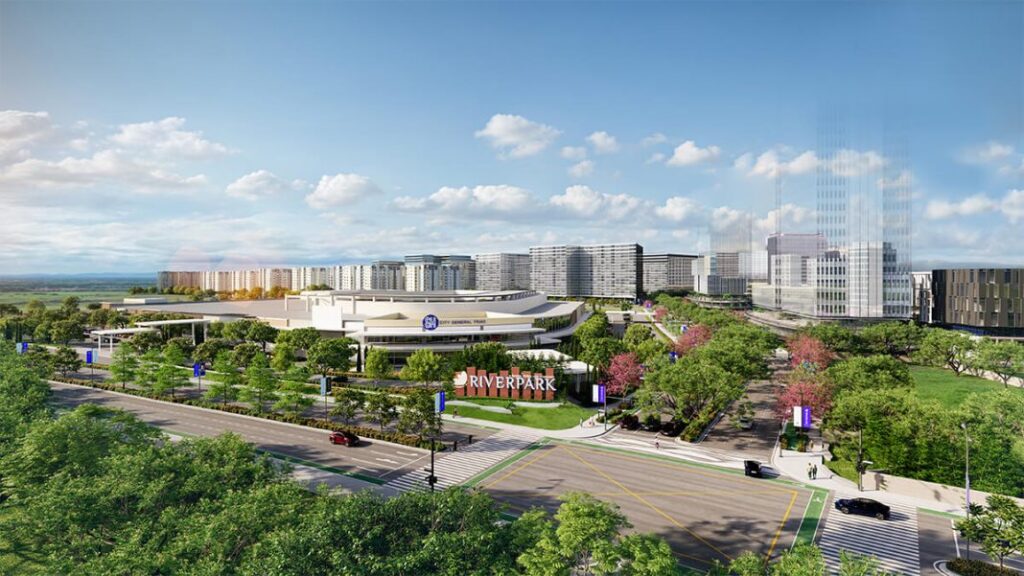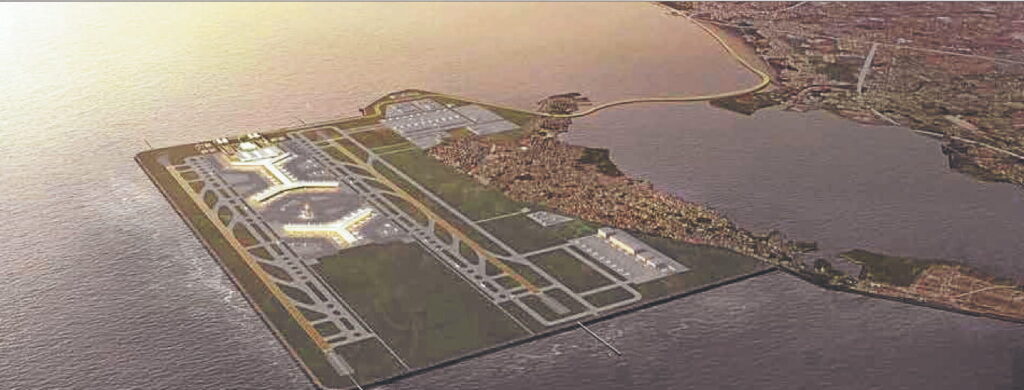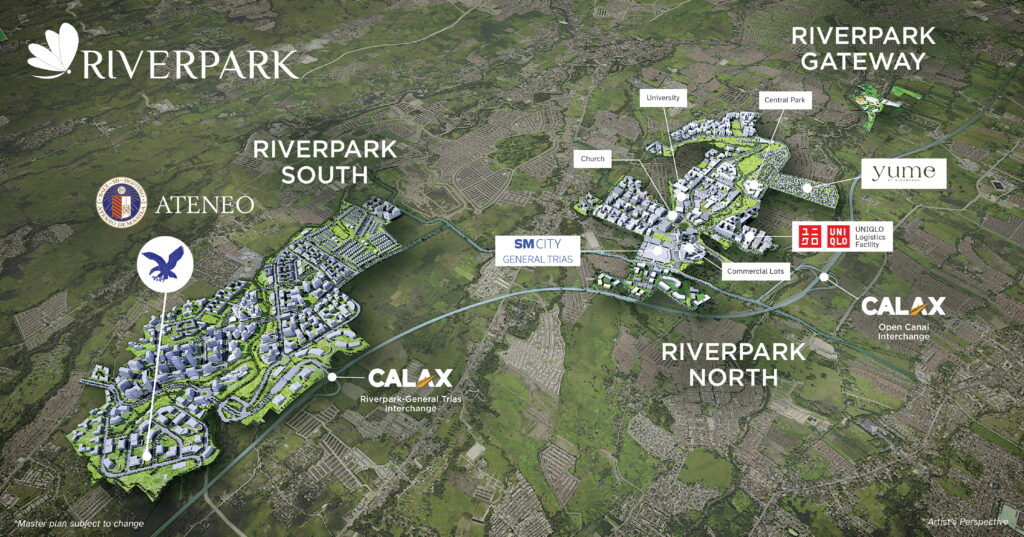Federal Land NRE Global Inc. (FNG) recently celebrated the groundbreaking of Yume at Riverpark, marking its first entry into horizontal residential development.
This new venture, located on 18 hectares within Riverpark North in Cavite, represents a significant expansion of FNG’s real estate portfolio.
Yume at Riverpark is designed to be a distinctive Japanese-inspired residential community that combines the best of urban convenience with suburban tranquility. The development features expansive grounds and thoughtfully planned spaces that aim to create a serene and nurturing environment for families.
The project incorporates design philosophies from both Filipino and Japanese architects, aiming to blend modern aesthetics with practical functionality.
It project provides spacious living to homebuyers as the layout offers a more open and expansive living environment compared to vertical high-rise developments, providing residents with more space and a greater sense of community.
While specific amenities are yet to be detailed, the development is expected to include features typical of high-quality residential projects, such as parks, recreational facilities, and green spaces.
FNG’s move into horizontal development with Yume at Riverpark complements its existing portfolio, which includes notable projects such as the Grand Midori: A high-rise residential tower offering luxury living with an emphasis on modern design and high-quality amenities, the Rise Makati: A landmark mixed-use development that integrates residential, retail, and office spaces in the heart of Makati.
Other FNG projects include Federal Land Tower, a prominent mixed-use building that combines office and retail spaces in a prime location and Blue Bay Walk, a luxury residential community that features elegant design and premium facilities.
Yume at Riverpark aims to set a new standard for horizontal living in the Philippines, reflecting FNG’s commitment to innovation and quality in real estate development.

